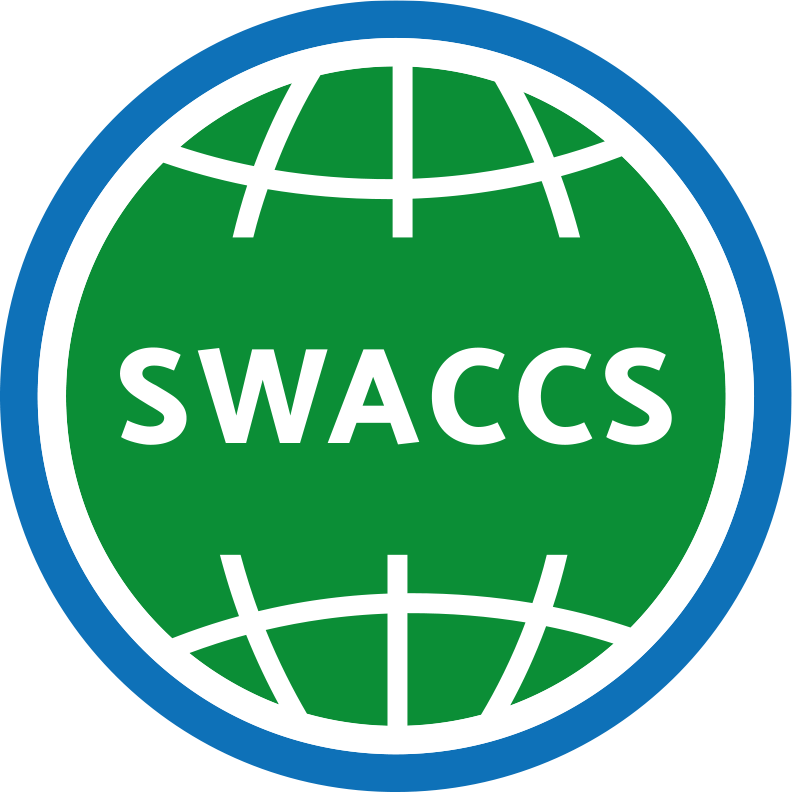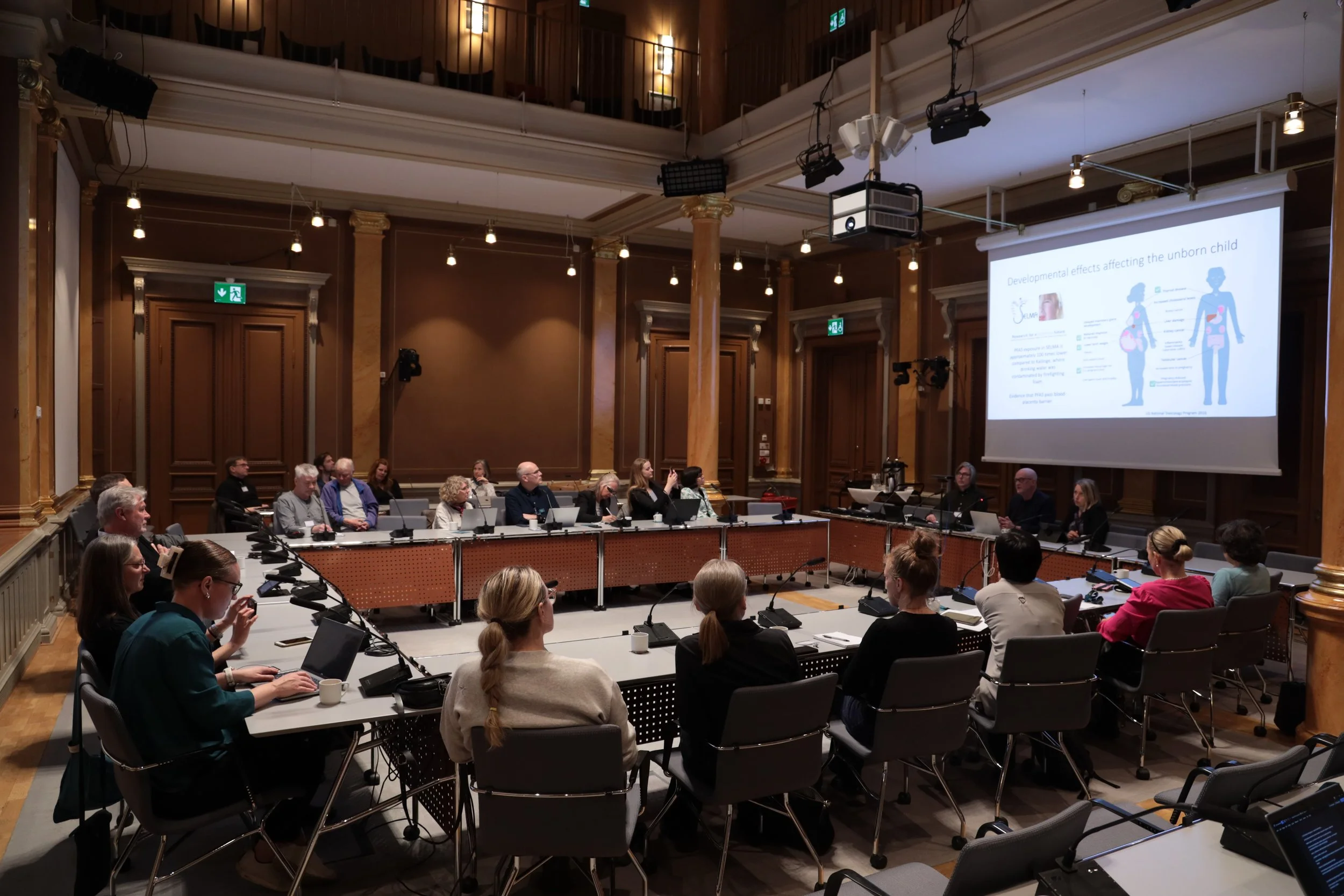Conference program November 5
Tändstickspalatset, Västra Trädgårdsgatan 15, Stockholm
09:30-10:00: Registration and coffee/tea
10:00-10.15: Opening session, Words of welcome, Åke Bergman, EDC-2020 Coordinator, Örebro University
10:15-10:30: A Swedish perspective on Research for Environment and Health, Ingrid Petersson, GD, Forskningsrådet Formas
10:30-11:00: Introduction to EDC-2020 with Key messages, Åke Bergman
11:00-11:40: Comments on EDC-2020 in general and on the overarching Key messages, Prof. Rolf Altenburger, Helmholtz Centre for Environmental Research UFZ, Leipzig, Germany, Prof. Elaine Faustman, School of Public Health University of Washington, Seattle; Additional contributions TBA
11.40-12.00: Discussion
12.00-13.00: Lunch
13.00-13.10: New methodologies for safer limit values and fewer animals in toxicity testing; Mattias Öberg
13.10-13.20: Environmental chemicals can harm the body's natural ability to break down its own hormones and other chemicals; Emma Vincent
13.20-13.30: Predicting cellular accumulation of chemicals; Vesna Munic Kos
13.30-13.50: Views from EDC-2020 visiting scientists, Prof. Karen Kidd, McMaster University, Hamilton, Canada, Prof. R. Thomas Zoeller, Univ of Massachusetts Amherst, USA
13.50-14.00: Exposure of human oocytes and fetuses to EDCs; Pauliina Damdimopoulou
14.00-14.10: Epigenetic changes can explain how prenatal chemical exposure impairs brain development; Joëlle Rüegg
14.10-14.20: New methods to mimic the lung will help us understand health effects from airborne pollutants; Ernesto Alfaro-Moreno
14.20-15.10: Refreshments
15.10-15.20: Phthalates are easily taken up by inhalation; Annette Krais
15.20-15.30: Household dust is an important route of exposure to chemicals; Åsa Gustafsson and Per Gerde
15.30-16.00: Panel and open discussion, EDC-2020 reviewers and Reference group members
16.00-16.30: Educational efforts and competence building; Annika Hanberg
16.30-16:55: Post EDC-2020 and Swetox: Swaccs
16:55-17.00: Closure of Day 1
Dinner at 18:00 for those that have registered for that.
Conference program November 6
Ahlmansalen, in the Geo-building, Svante Arrhenius väg 8, Stockholm University
09:00-9:10: Introduction to the day; Åke Bergman
9:10-09:40: Household dust and exposure to chemicals; Åsa Gustafsson/Per Gerde
9:40-10:10: Human uptake studies with phthalates; Annette Krais
10:10-10:40: Inhaled particles: in vitro models to evaluate complex mixtures; Ernesto Alfaro-Moreno
10:40-11:00: Refreshments
11:00-11:30: Epigenetic effects of EDCs- from mechanisms to human health; Joëlle Rüegg
11:30-12:00: Highly accumulating chemicals and pharmaceuticals – biological effects and methods for prediction; Vesna Munic Kos
12:00-12:30: Environmental chemicals and fertility in women; Pauliina Damdimopoulou
12:30-13:15: Lunch
13:15-13:45: Endocrine disruption through altered biotransformation; Emma Vincent
13:45-14:15: New approaches to increase the accuracy of risk assessment with fewer laboratory animals; Mattias Öberg
14:15-15:00: Discussion on the values of the Formas project and perspectives on research needs
15:00: Concluding remarks and closure; Åke Bergman

